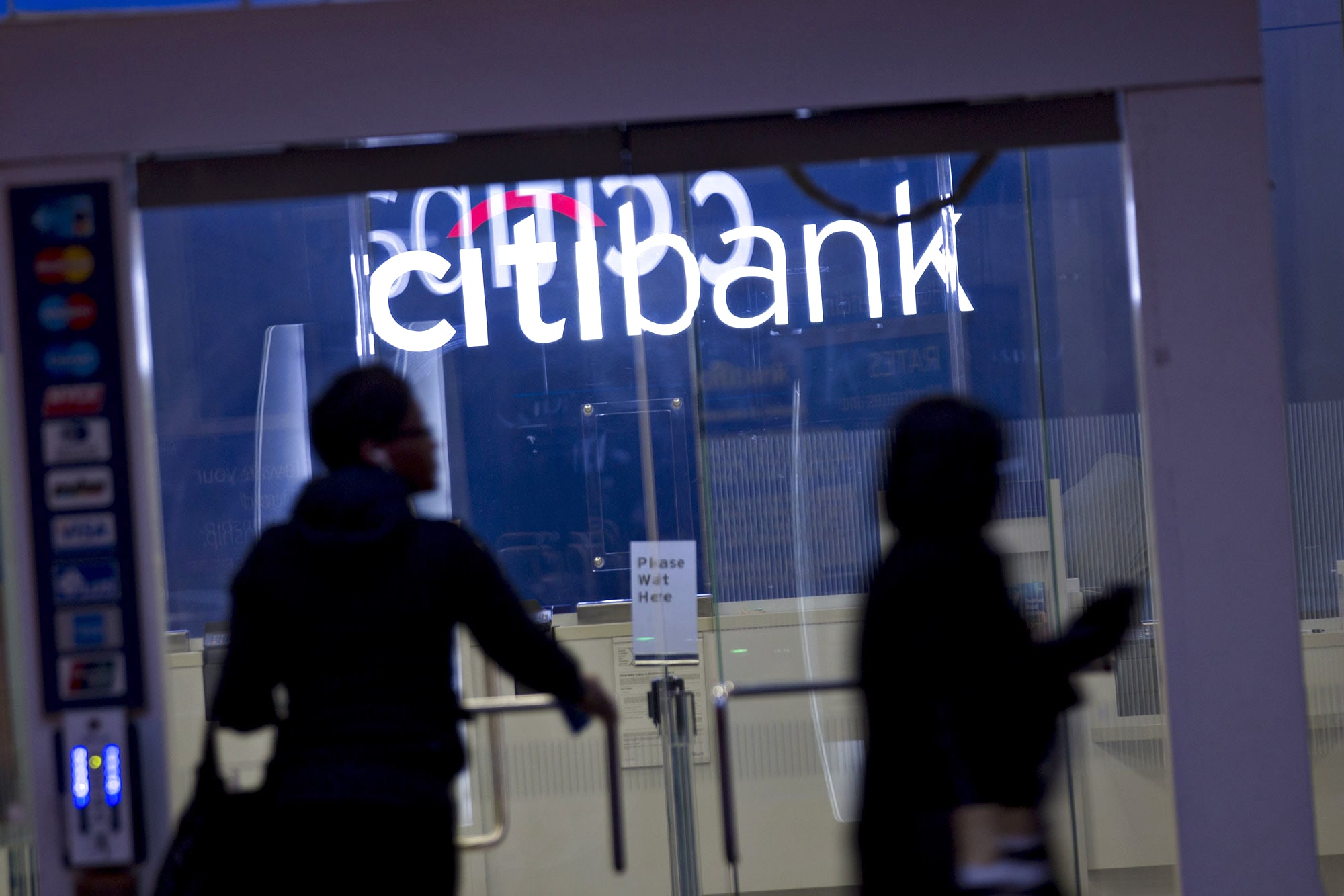Citigroup reported on Tuesday second-quarter results that surpassed analyst expectations thanks in part to a massive surge in trading revenue that helped offset a slowdown in the company’s consumer banking business.
Here’s how the company’s results compared to analyst estimates:
- Earnings: 50 cents per share vs 28 cents per share expected by Refinitiv
- Revenue: $19.77 billion vs $19.12 billion forecast
- Fixed income, currency and commodities trading revenue: $5.6 billion vs $4.86 billion forecast by FactSet
The bank’s stock rose more than 1% in the premarket.
Citigroup’s fixed income trading revenue represents a 68% year over-year surge and accounted for most of the company’s Markets and Securities Services revenues, which rose 48% to $6.9 billion.
Those elevated trading numbers come amid heightened market volatility during the coronavirus pandemic. They also come on the heels of massive monetary stimulus from the Federal Reserve. Equity trading revenue dipped 3% to $770 million, however.
Citigroup’s global consumer banking division struggled during the second quarter, with revenues falling 10% to $7.34 billion on a year-over-year basis. Net credit losses, meanwhile, jumped 12% year over year to $2.2 billion. Ultimately, the company posted net income of $1.32 billion, which represents a 73% drop from the second quarter of 2019.
“While credit costs weighed down our net income, our overall business performance was strong during the quarter, and we have been able to navigate the COVID-19 pandemic reasonably well. The Institutional Clients Group had an exceptional quarter, marked by an increase in Fixed Income of 68%,” CEO Michael Corbat said in a statement.
“With a sharp emphasis on risk management, we are prepared for a variety of scenarios and will continue to operate our institution prudently given this unprecedented situation,” Corbat added.
Citigroup shares are up nearly 12% the last three months through Monday’s close, outperforming peers such as JPMorgan Chase, Wells Fargo and Bank of America. JPMorgan and Bank of America were roughly flat in that time and Wells lost 19.2%.
The bank announced in late June it would maintain its quarterly dividend after passing the Federal Reserve’s annual stress test.
Citigroup’s results Tuesday come in what is expected to be the one worst earnings season on Wall Street. Analysts polled by Refinitiv expect S&P 500 earnings to have fallen by 44% on a year-over-year basis.
Subscribe to CNBC PRO for exclusive insights and analysis, and live business day programming from around the world.
